What Is A Touchback In Football? An Explanation For The Rule
One of the most common tactics in American football is to get the ball as deep into the opponent’s area as possible. As a result, the opponent will have to retreat deep, and it will be difficult to return to a counterattack.
However, this way of playing can be counterproductive and easily lead to a touchback. So, in football, what is a touchback?
If you still do not understand this rule, let’s find out with Scott Fujita!
Football field end zone.
Contents
What Is A Touchback In Football?
What does touchback mean in football? In American football, a touchback is a situation where a kicked ball hits the ground at the opponent’s end of the field, and either rolls out of it or hits the goalpost.
If the touchback takes place, the team will have to replay the ball at the 25-yard line. Any action like a punt, a missed field goal, or a kick-off can lead to a touchback
Many referees may also call a touchback if the receiver kneels or waves when catching the ball. However, since the rule changes in 2004 and 2011, you just need to let the ball bounce to achieve the same effect.
Touchback is not gameplay. It’s more like the outcome of a sequence of events that can take place in a single play.
NFL Touchback Rules
In the NFL’s rulebook, you can delve into all sorts of touchbacks.
This historic and traditional American football league has taken a long time to tweak and perfect the rules.
With the NFL, a touchback is a dynamic dead ball from the opposing team behind or on the goal line that a team is defending. Eligibility is that it is not an incomplete pass or touchdown.
Attacking or kicking teams can use any type of dynamics to influence football.
So, the NFL has divided up several situations so that the referee can call touchbacks as follows:
- The ball goes out of bounds after the touchline.
- The ball dies while lying in the opponent’s end area.
- The receiving team has not touched the kicked ball, and the ball touches the ground or is behind the receiver’s finish line.
- The receiver has not touched the kicked ball, and the ball touches the body of a kicking team player when he is behind the receiver’s goal line or touches the ground. Even if the player is touching the ball or hasn’t stabilized his play yet, it counts as a touchback.
- Any kicks (except field goals) that hit the receiver’s goal post.
- When a soccer team player illegally retrieves or captures a script ball during the game and sends the football over the goal.
- The kicking team performs a fair catch at the end of the field or prevents the receiver from catching the ball.
If any of these occur, the referee will call the situation a touchback.
Usually, the touchback team will kick the ball from their 20-yard line. However, if it’s a kickoff, then they can kick the ball from the 25-yard line.
NCAA Touchback Rules
The rules of touchback in the NCAA are quite similar to the NFL. The only exception involves a fair catch that debuted in the 2018-19 season.
The new rules dictate that any fair catch on a free kick or kickoff taken between the 25-yard line and the receiving team’s goal is a touchback.
A good example is when a team makes a fair catch on their 20-yard line; the situation would be a touchback. At that point, the ball will reach the 25-yard line.
Because kickoff is one of the most dangerous and risky ways of playing football, this rule was created to protect the safety of players.
This rule means that the more kickoffs a team takes, the more touchbacks and returns the opposing team will have. As a result, the injury rate is also reduced.
Wide receiver Rashard Higgins of the Cleveland Browns fumbles the football in the end zone.
What NFL Plays Trigger The Touchback Rule?
Usually, touchbacks are most easily recognized in kicking plays, like kickoffs or punts. The purpose of this particular play is to put the ball as deep as possible to reduce the opponent’s chances of scoring and vice versa.
In that situation, if the ball hits the court at the end of the field or hits the goalpost, it will be a touchback.
The opposing team’s receiver can also drop the ball to the end zone or signal a fair catch to trigger the touchback.
Sometimes the attacking team can become clumsy and bring their ball into their end zone. When the ball hits the ground in that area in punting plays, touchbacks also occur.
If the attackers fumble, they commit a safety foul, and the defense gets two points. Conversely, a touchback takes place when the defense makes a mistake.
For a better overview of these situations in action, watch the video below:
How The Touchback Rules Have Evolved
Since the touchback rule was introduced until now, people rarely make changes to it. Yet, the NFL and NCAA have also added some conditions to make it better.
In 1926, the board added a rule that turned all kicks beyond the confines of the end zone into touchbacks.
In 2012, the NCAA changed the starting position of the touchback from a 20-yard to a 25-yard line. In 2016, the NFL learned of this change and tested it two years later.
In the end, both organizations decided to keep this change intact until today.
In the federation’s opinion, a better receiving position on the pitch would encourage teams to opt for touchbacks rather than returns. As a result, they will have a safer and less risky game.
However, this change did not bring much positive as attacking teams realized they could kick the ball short and high. It causes the defending team to limit the pick-up area.
In this situation, the receiving team can only elect to return the free kick so as not to cause the football to cross their end zone. If the ball has a random bounce, the kicking team can trap the other team deep in their area.
The NCAA has come up with a fair catch rule to solve this problem. The receiving team can call fair catches behind the 25-yard line.
As a result, they will not make a mistake and can limit the risk of playing dangerous returns.
In 2018, the NFL also changed the rules a bit to allow the receiver not to have to kneel in the end zone. As a result, the ball only needs to land at the end of the court for a fair catch.
These changes are mainly aimed at kickoff plays instead of punts because of the way the players line up.
For a punt, the player will stand with the blockers. However, they will have to stand 15 yards or more away for kickoff plays.
When the players start running at full speed, they are prone to bumping into each other and leading to serious injuries.
Touchback Vs. Safety: A Comparison
Safety is a situation that occurs when the attacking team commits a foul in the end zone, such as hitting the ball out of bounds or being ruled down while still holding the ball.
At times, the defensive team’s sacks and tackles can also be fouled with safeties if the tackled player is still at the end of the field.
Similarly, if the offensive player leaves the end zone but is then intercepted by a defender, their knocked-down position will be where they have the momentum to advance.
In rare situations, the referee can call safety when a player holding the ball steps out of bounds at the end of the field.
When the team makes a safety error, they will have to kick the ball from the 20-yard line. You should not give up because it loses control of the ball and the opposing team gets two points.
Many people easily confuse safeties and touchbacks because their scope is often in the area of the field. You need to check which team has the ball.
A safety occurs when an attacking player is knocked down with the ball or bounced off the end zone.
In contrast, touchback occurs when an offensive player loses the ball causing it to go out of bounds in the defensive team’s end area.
FAQs
FAQs
If you have any questions regarding touchback, feel free to find the answer in the section below.
How Many Points Is A Touchback In Football?
Touchback doesn’t have any points scored. The recovery team was also brought back to play on the 25-yard line.
What Happens After A Touchback?
The result of a touchback is that the team with the endzone in possession of the dead ball takes possession of the ball. In addition, they also restart the game by teeing off from their 20-yard or 25-yard line.
Is A Touchback 20 Or 25 Yards?
The ball will be placed on the 25-yard line in preparation for the next turn when a team receives a touchback. In the past, teams used to receive the ball at the 20-yard line.
The rule changed in 2012 when the NCAA decided to move the touchback’s starting position by 5 yards.
What Is The New NFL Touchback Rule?
In 2016, the NFL moved the touchbacks up 5 yards, which is from the 20-yard to the 25-yard line.
The goal of this change is to reduce the number of kicks returned to increase the number of touchbacks. It also saves the time that the players start running.
Does A Touchback Count As A Kickoff Return?
The most common type of touchback is a touchback on a kickoff.
The referee will signal a touchback when a player of the receiving team catches the ball and runs out of the end zone or falls to his knees.
Conclusion
What is touchback football? A touchback in American football is a rule when the ball dies behind or on the sideline of a team. The opposing team is the one who makes the impact but does not own them at the time.
The goal of a touchback is to minimize the risk and collision between players. Besides, some teams use this way of playing as a tactic to buy time.
Depending on the match strategy, the coaches will apply different ways of playing. They contribute to the attraction and drama of the game.

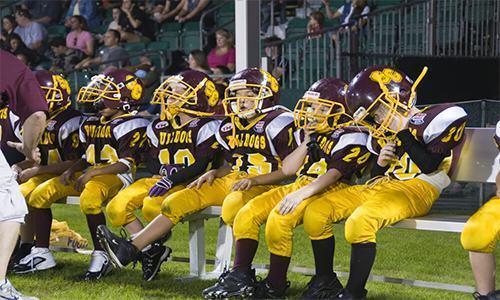
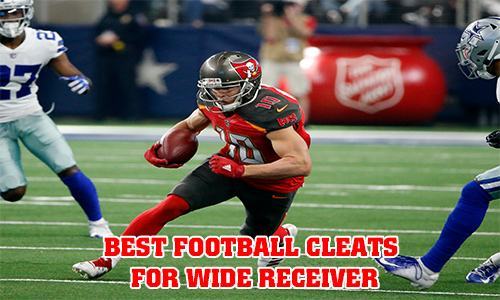
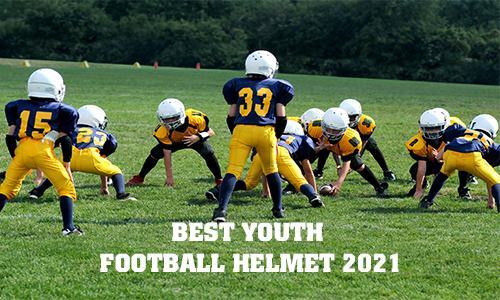
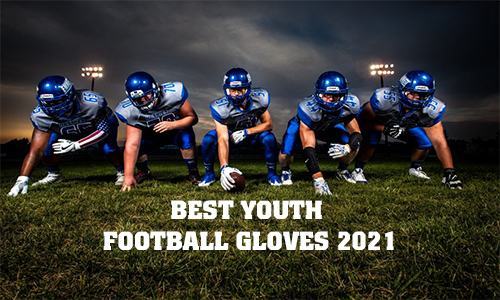
![[Top Rated] 10 best football gloves with best grip 2025 5 best football gloves 2021](https://www.scottfujita.com/wp-content/uploads/2021/03/best-football-gloves-2021.jpg)
![[Lastest Update] Top 10 Best Soccer Cleats For Kids 2025 6 Best soccer cleats for kids scott fujita](https://www.scottfujita.com/wp-content/uploads/2021/03/Best-soccer-cleats-for-kids-scott-fujita.jpg)



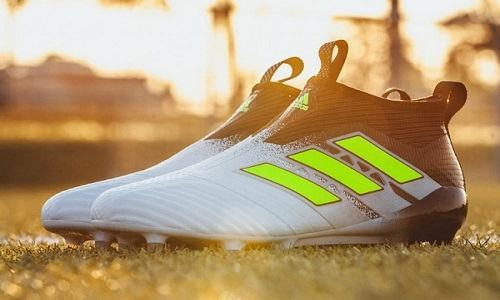
![[Top-Rated] The Best Basketball Shoes For Ankle Support 2025 11 best basketball shoes for ankle support scottfujita](https://www.scottfujita.com/wp-content/uploads/2021/07/best-basketball-shoes-for-ankle-support-scottfujita.jpg)

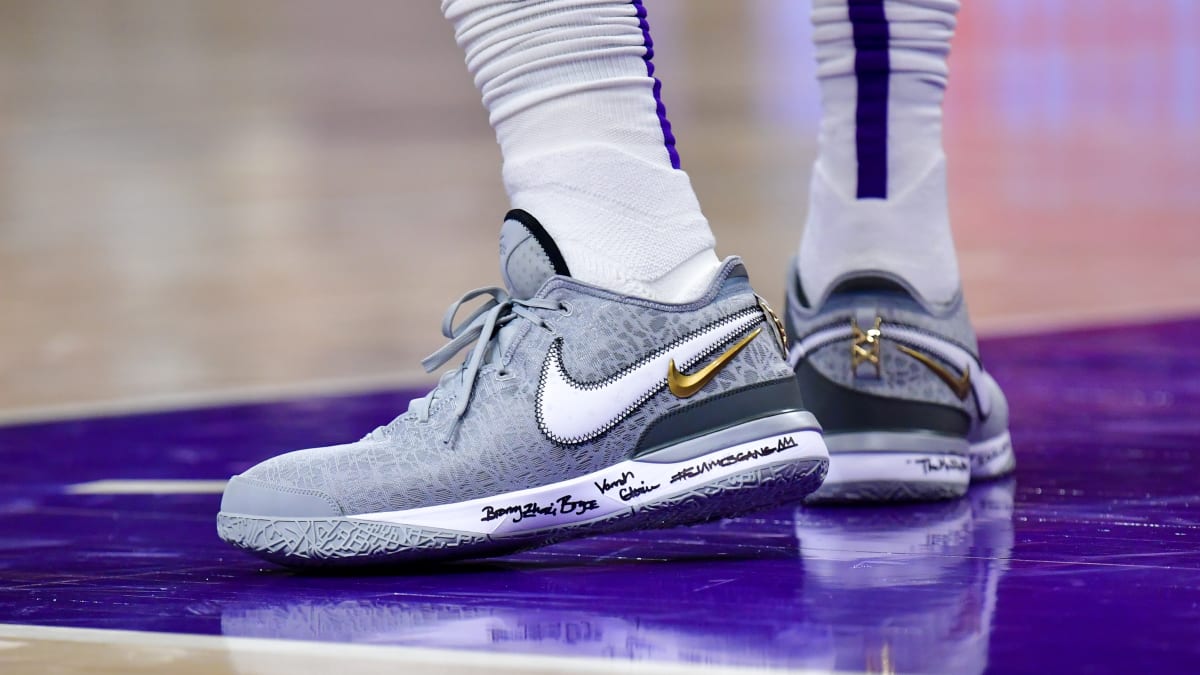


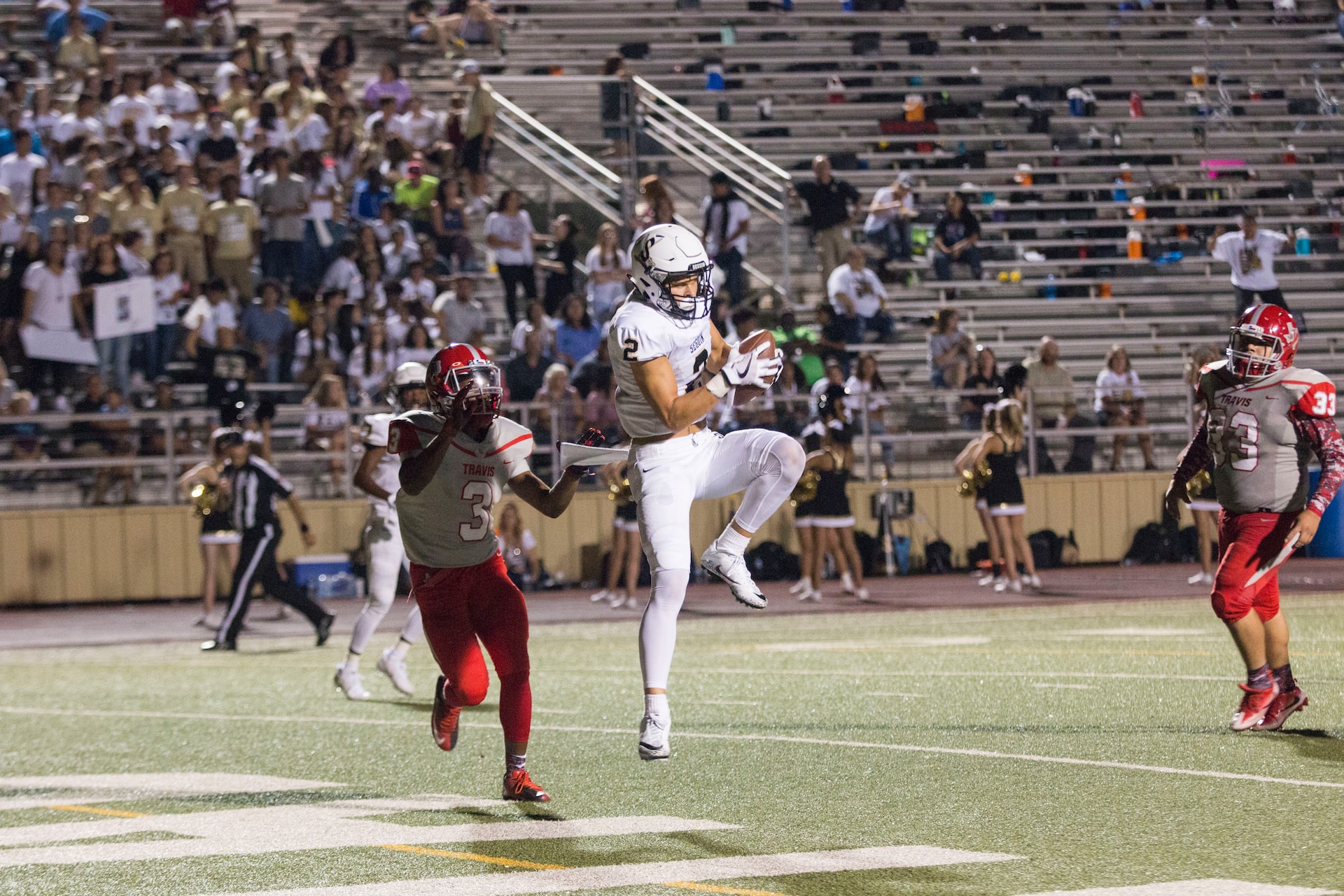
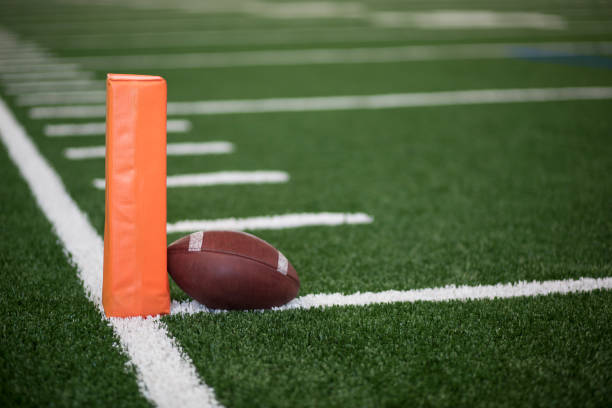
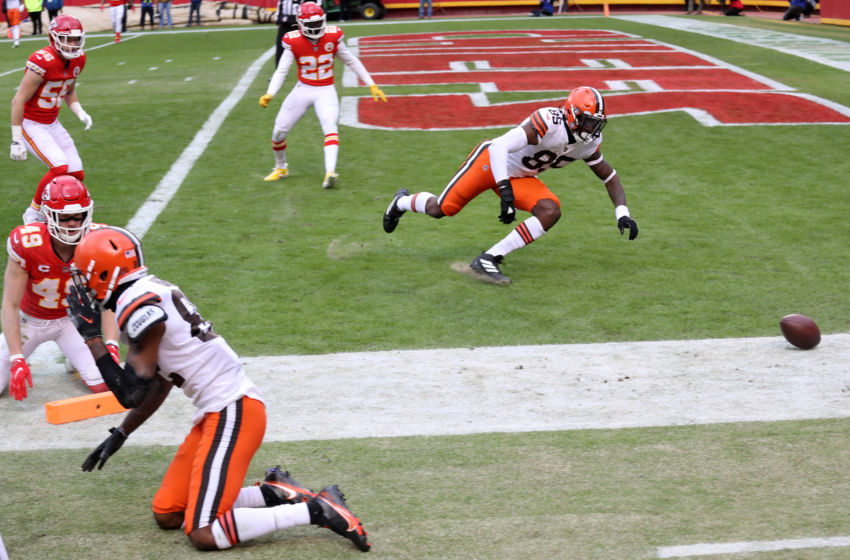
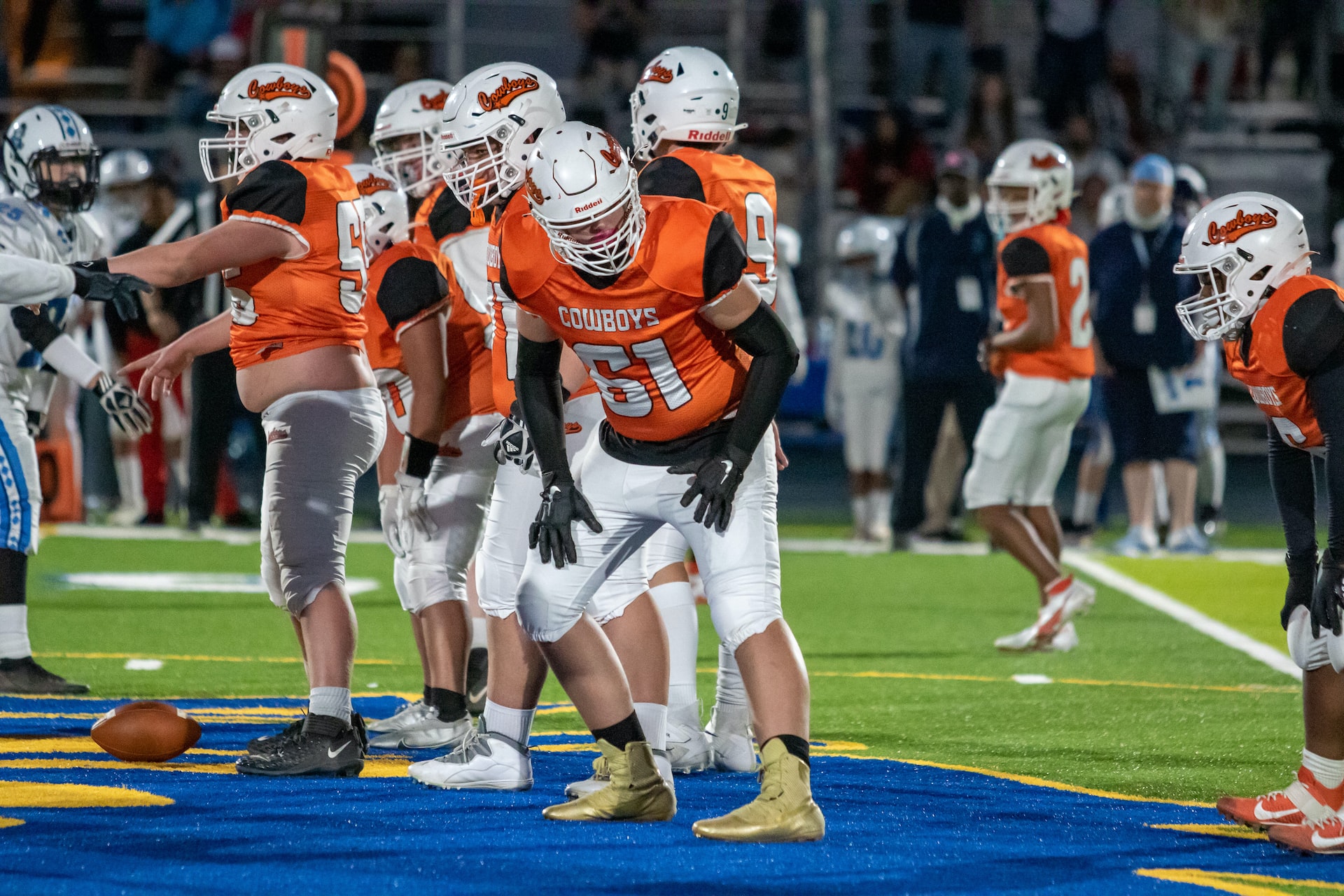
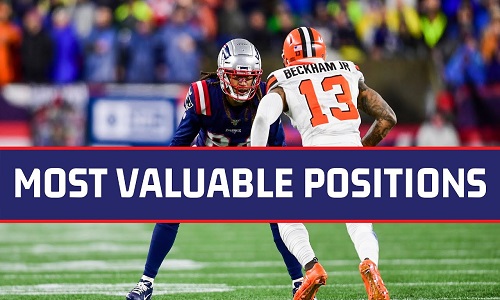
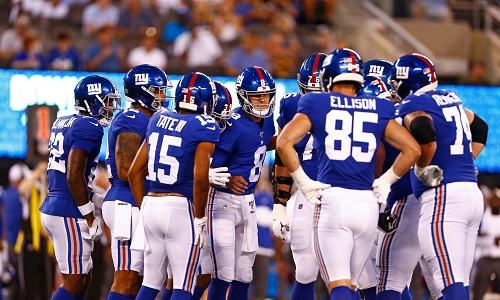
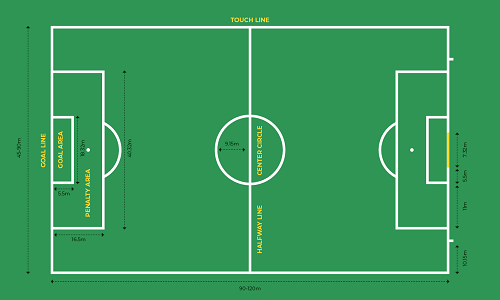
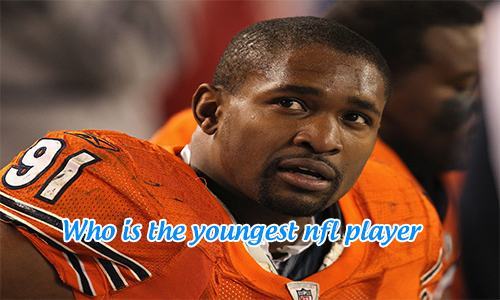
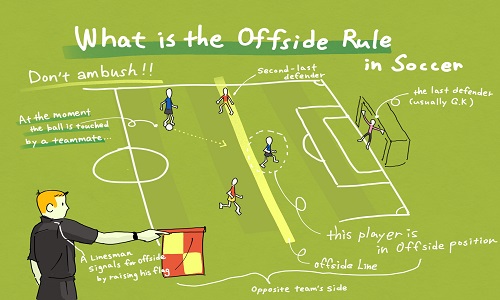
![What Are The 5 Positions In Basketball? [And Their Roles] 32 what are the 5 positions in basketball scottfujita](https://www.scottfujita.com/wp-content/uploads/2021/10/what-are-the-5-positions-in-basketball-scottfujita.jpg)


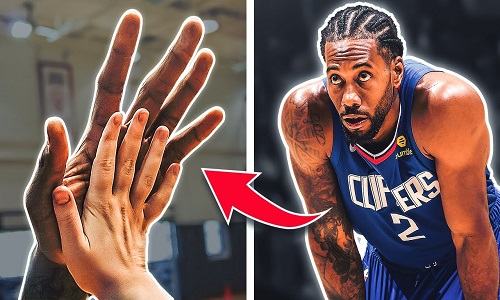
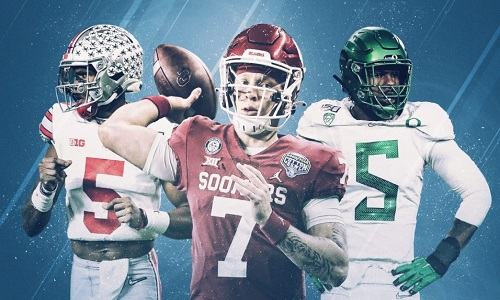

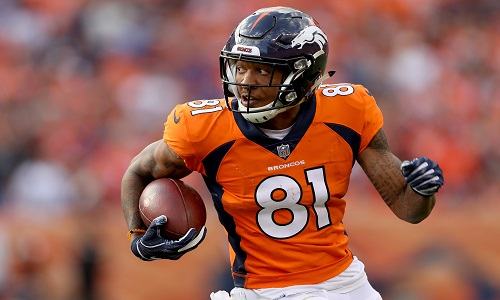
![Top 10 Best NBA Centers Of All Time [2024 Updated] 39 best nba centers of all time scottfujita](https://www.scottfujita.com/wp-content/uploads/2021/12/best-nba-centers-of-all-time-scottfujita.jpg)
![The Best Football Mouthguard 2024 [Reviewed & Compared] 40 best football mouthguard scottfujita](https://www.scottfujita.com/wp-content/uploads/2021/10/best-football-mouthguard-scottfujita.jpg)